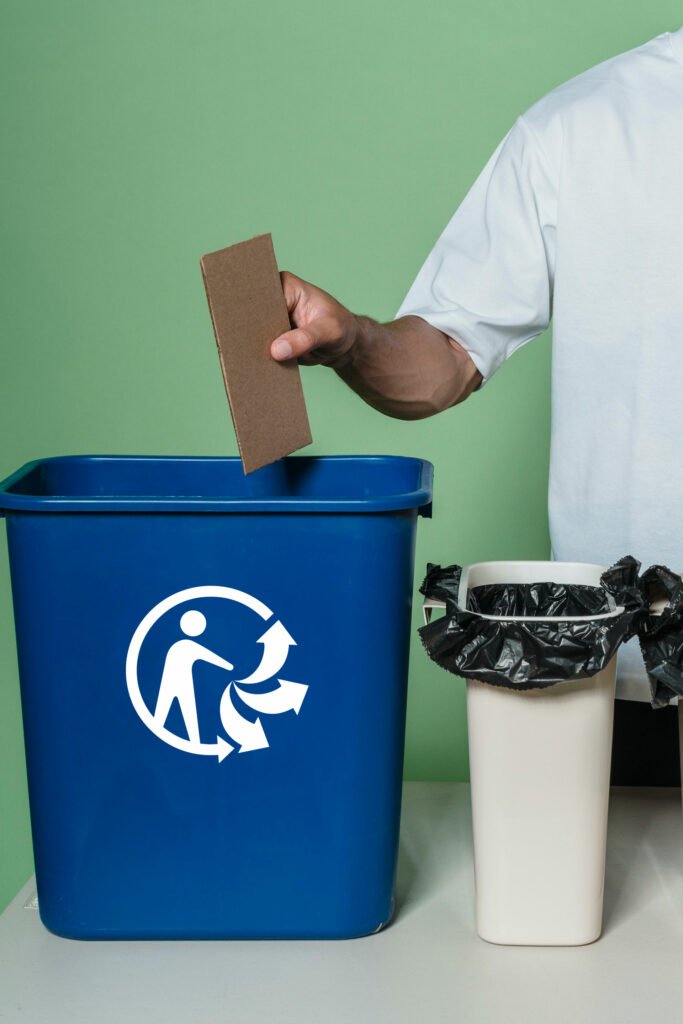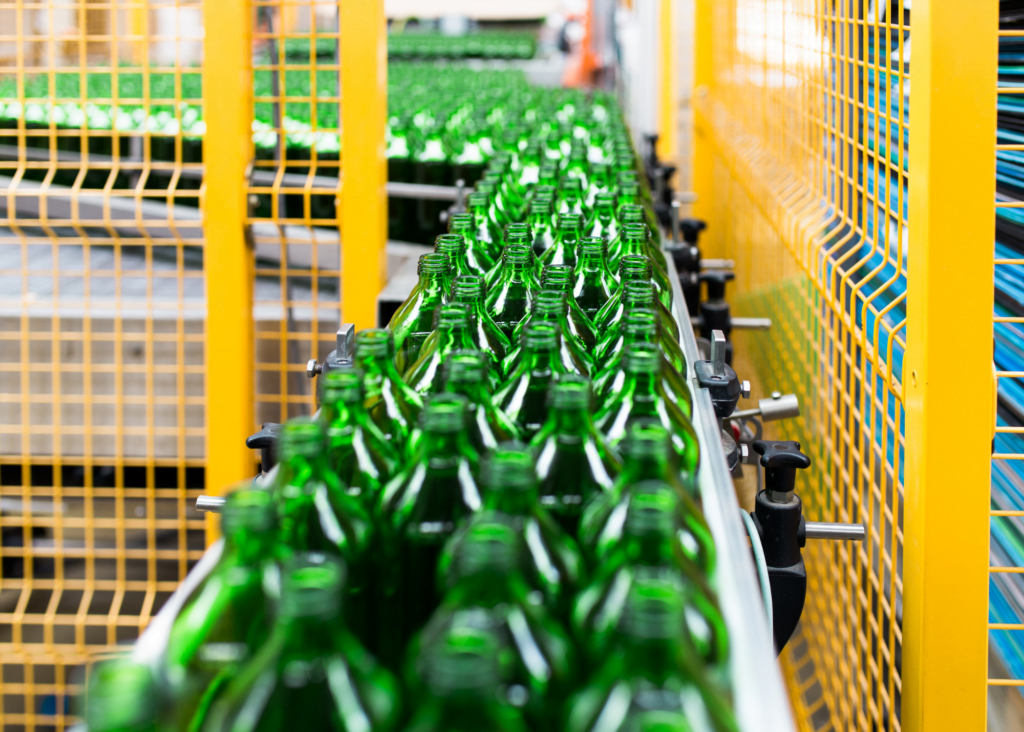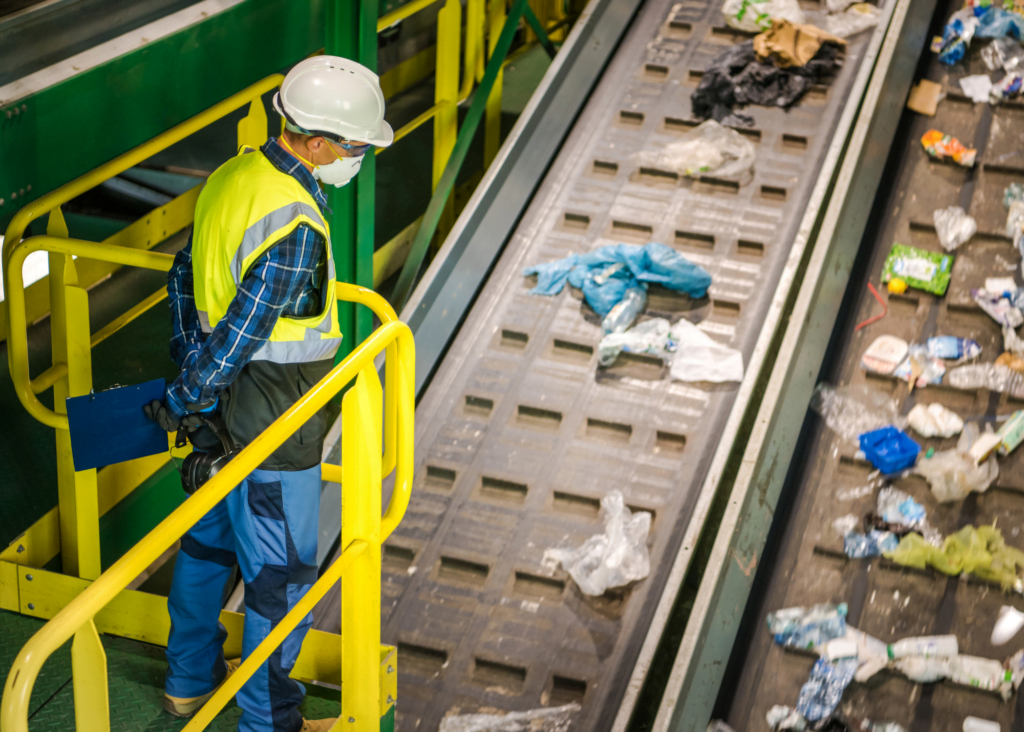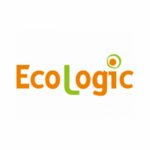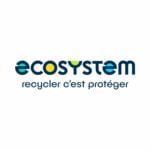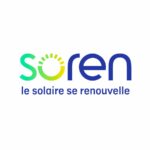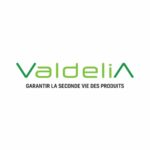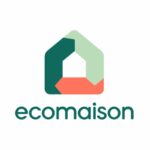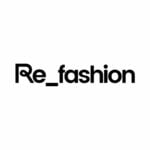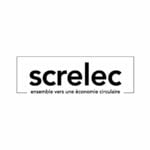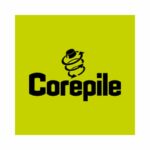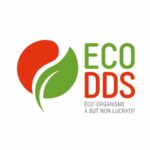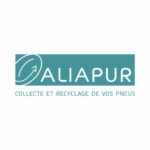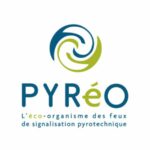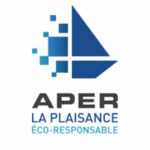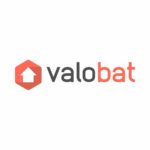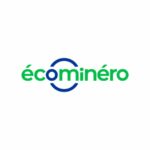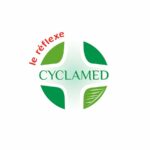Behind the scenes of packaging and paper
What is an EPR?
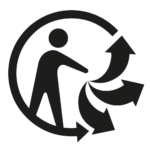
Léko is convinced: Extended Producer Responsibility (EPR) is at the heart of the deployment of the circular economy. The principle of EPR is simple: it consists of asking companies that put products on the market to assume responsibility for them from their design to their end of life and thus to organize and assume the terms and costs of their recycling after their time of use. This is the "polluter pays" principle.
For product packaging, which generally has a shorter life span than the product itself, extended producer responsibility (EPR) means taking responsibility for prevention, information, collection, sorting and recycling of materials. The more sorting is done upstream, the easier recycling will be and the more the recovered material can be used as a resource to manufacture new products and packaging. The transition to a circular economy that preserves the use of natural resources implies moving from a linear model (produce, consume, throw away) to a model that prioritizes the extension of the lifespan, reuse and recycling of materials.
It begins with the design of products and their packaging, where, through a judicious choice of design and materials, the manufacturer takes into account the ease with which the first use can be followed by a new life. This involves products that can be easily dismantled and/or repaired, packaging that can be reused for its original purpose or for another purpose, materials that can be easily separated and sorted, and finally, the choice of materials that are easy to recycle and for which local industrial recycling channels exist. Prevention also involves sobriety and the reduction of packaging that can be avoided. The best waste is the waste we don't produce. New initiatives in reusable packaging are emerging, including deposit systems, bulk purchasing and pay-as-you-go packaging. Léko is at the forefront of these developments, with the primary aim of limiting and reducing the amount of packaging placed on the market.
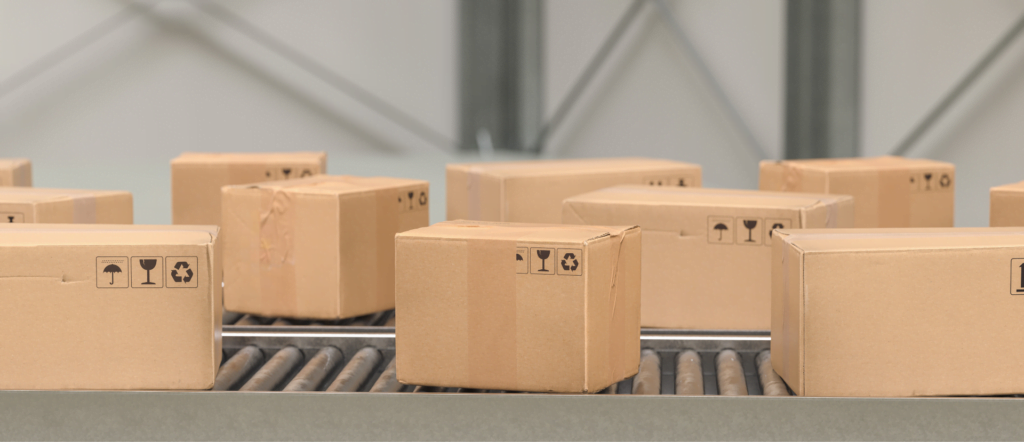
History of EPR
Extended Producer Responsibility (EPR) systems emerged in the late 1980s to manage the end-of-life of products in most OECD countries. They were a response to the challenge that most communities faced in managing waste, which was increasing both in volume and complexity.
Companies contribute to the cost of collecting, sorting and recycling products put on the market according to the "polluter pays" principle. Each type of waste has its own sector. And it is the sector relating to the recycling of household packaging which was the first to be structured.
In Europe, these systems started for the management of packaging in 1990 in Germany, in 1992 in France, in 1994 in Belgium, in 1996 in Spain, etc. The European Union took up the subject with two directives, in 1991 and 1994, noting that certain flows had to be managed because of their volume (packaging) or their hazardousness (electrical and electronic waste, batteries).
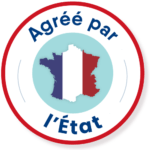
France, the REP champion
France is the country with the most EPR channels. It is possible that as a producer, the product you put on the market is concerned by several EPR.
Other than household packaging and graphic paper, for which Léko is approved, here are the others with their corresponding eco-organizations:

